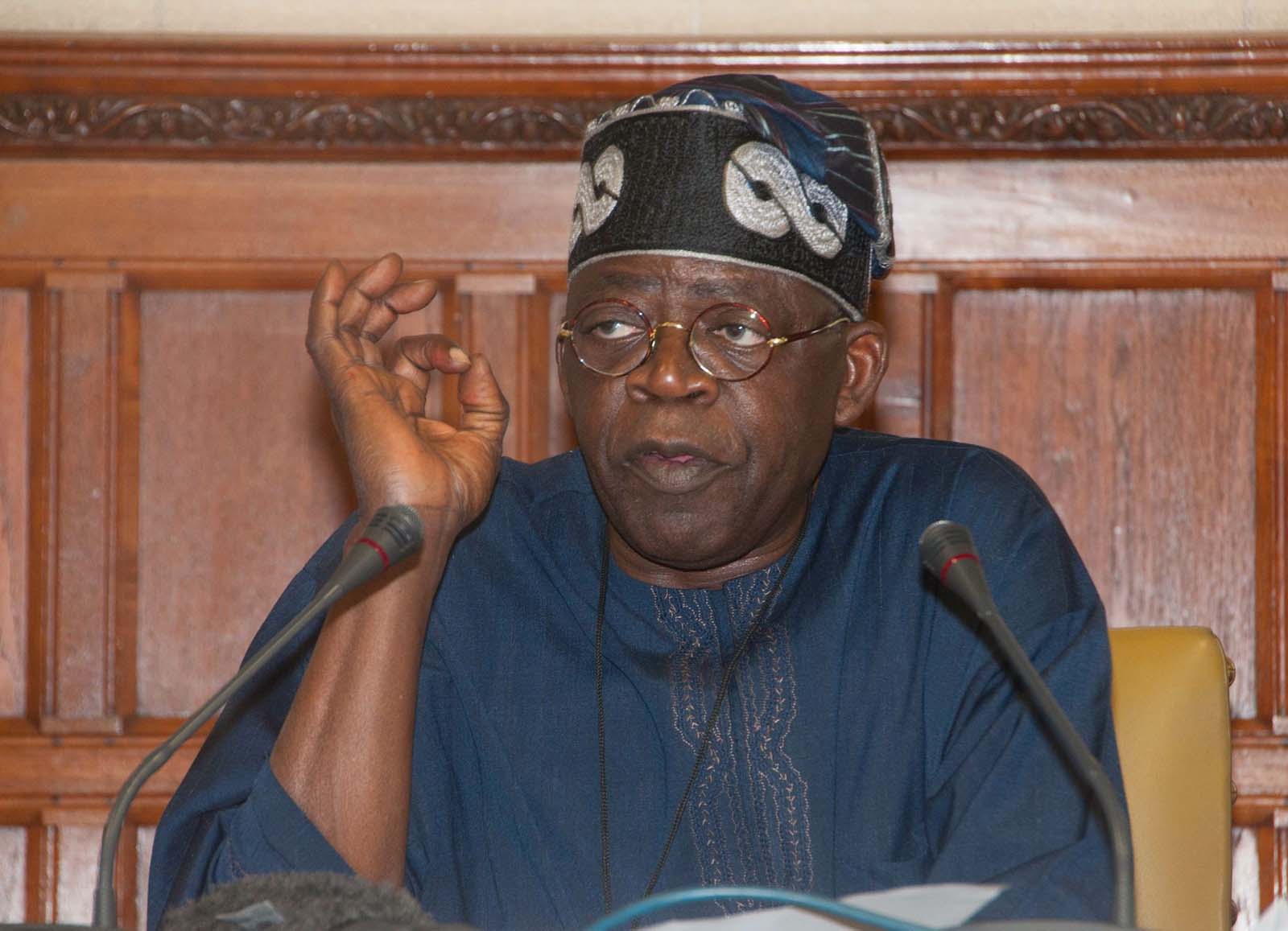ABUJA, Nigeria — Justice Danladi Umar, the embattled Chairman of Nigeria’s Code of Conduct Tribunal (CCT), has quietly withdrawn his lawsuit challenging President Bola Tinubu’s controversial appointment of Mainasara Kogo as his successor, amid mounting political pressure and appeals from community elders.
According to court documents seen by PRNigeria, a “Notice of Discontinuance” dated March 20, 2025, signed by Umar’s legal representatives—M.M. Maidoki, A.G. Salisu, and Jibrin S. Jibrin—was filed at the Federal High Court in Abuja, effectively ending the suit marked FHC/ABJ/CS/1796/2024.
The original suit, filed by Justice Umar alongside several civil society groups, had sought to nullify Dr. Kogo’s appointment.
President Tinubu, Attorney-General of the Federation Lateef Fagbemi (SAN), Senate President Godswill Akpabio, the National Assembly, the National Judicial Council (NJC), and the Federal Judicial Service Commission (FJSC) were among the named respondents.
Sources familiar with the matter told PRNigeria that Justice Umar withdrew the case following intense pressure from family members and elders from his hometown of Toro, Bauchi State, who urged him to prioritise family honour and avoid escalating political tensions.
A member of Umar’s legal team confirmed the development, noting, “Although we believe the President, the National Assembly, and the Secretary to the Government of the Federation acted illegally, we advised our client to withdraw the suit in the interest of his personal safety and the integrity of his family.”
The withdrawal brings a temporary end to a legal battle that had highlighted serious constitutional and procedural controversies surrounding President Tinubu’s appointment of a new CCT chairman.
The appointment was first announced in July 2024 by presidential spokesman Ajuri Ngelale, despite Justice Umar’s tenure not having officially ended.
Further compounding the controversy, the appointment letter, signed by SGF George Akume, was dated January 20, 2025, but backdated to November 27, 2024, raising concerns among legal scholars and observers over irregularities in the process.
The National Assembly also faced scrutiny after initially citing an incorrect constitutional provision and misstating the name of the intended appointee, mistakes which were later corrected but which further fuelled suspicion that political motives were behind Umar’s removal efforts.
Several legal experts, including Senior Advocates of Nigeria (SANs) such as Prof. Mamman Lawan Yusufari, Dr. Wahab Shittu, and Prof. Yemi Akinseye George, criticised the move, pointing out that the Nigerian Constitution mandates that appointments to the CCT must be based on nominations and recommendations from the NJC and FJSC, not unilateral presidential action.
There has been no public evidence that the NJC, currently chaired by Chief Justice of Nigeria Justice Kudirat Kekere-Ekun, recommended Dr. Kogo’s appointment.
Similarly, there is no indication that the National Assembly secured the constitutionally required two-thirds majority vote necessary for Justice Umar’s lawful removal.
The dispute had political undertones, especially given Justice Umar’s past involvement in sensitive cases. He notably presided over the 2012 trial of then-Lagos State Governor Bola Tinubu for alleged false asset declarations.
Though Umar discharged Tinubu, he did not acquit him—a nuance that some speculate may have cast a long shadow over Tinubu’s later political trajectory.
While the litigation has now ended, it remains unclear whether Justice Umar will voluntarily step down or pursue other legal or political avenues to contest Dr. Kogo’s appointment.
The Code of Conduct Tribunal plays a critical role in Nigeria’s governance framework, tasked with enforcing ethical standards among public officials.
Its powers include trying politicians, judges, and civil servants for breaches such as false asset declarations, conflicts of interest, and improper acquisition of wealth.
Upon conviction, the tribunal can impose penalties ranging from removal from office to a ten-year ban from holding public office, and forfeiture of unlawfully acquired assets.
As of Sunday, there has been no official statement from Justice Umar, the Presidency, or the National Assembly regarding the implications of the suit’s withdrawal.







